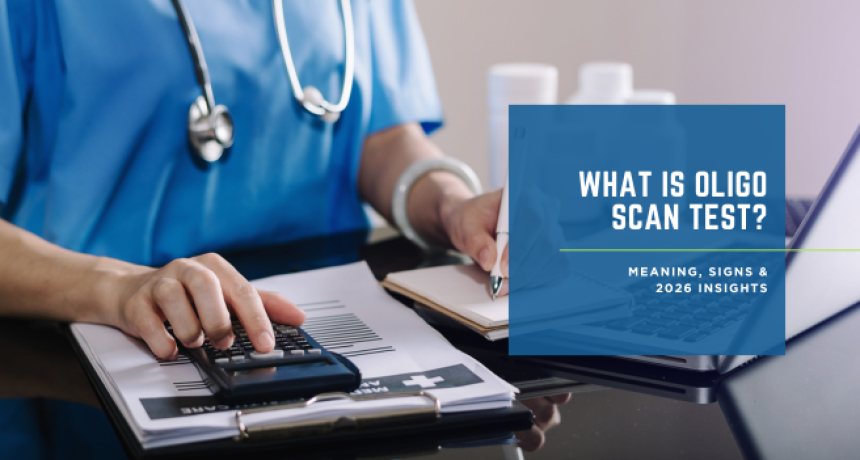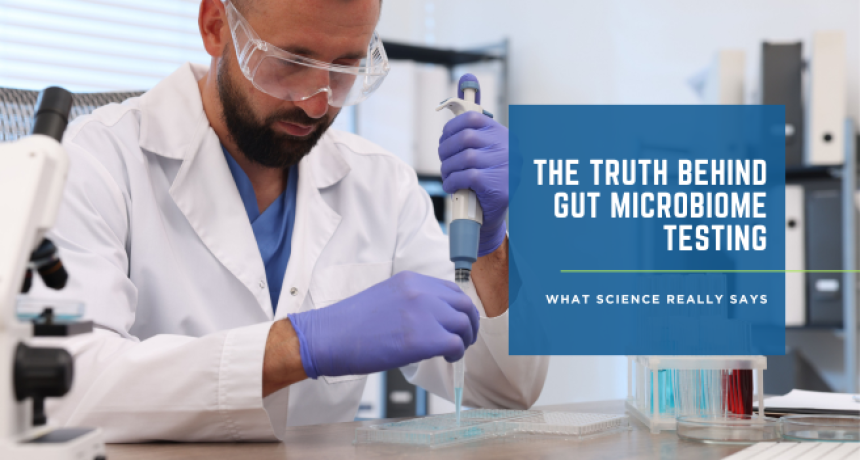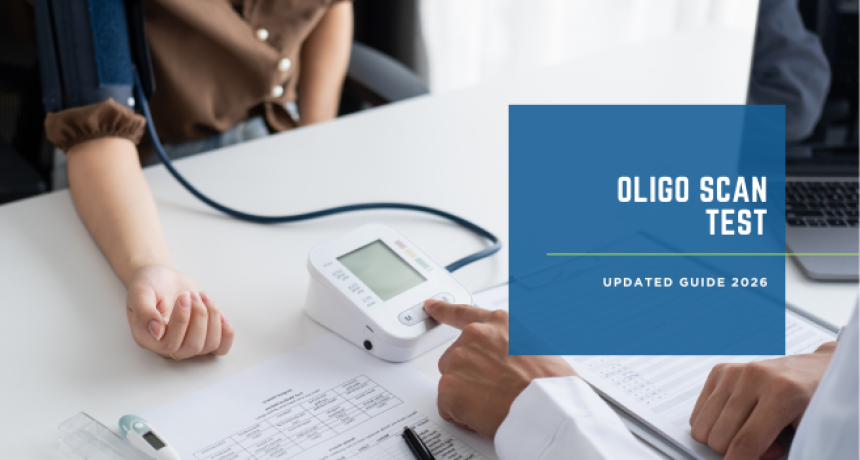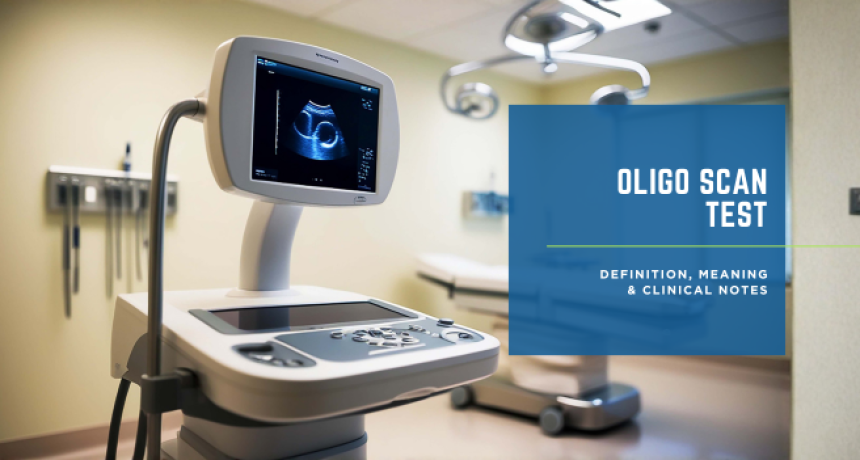Breakthrough Research: How to Reverse Diabetes Permanently
2025-10-15 Living with Diabetes: You're Not Alone in This Journey "Will I ever enjoy food without guilt again?" "Why do I feel so alone despite diabetes being so common?" "How did I miss the signs?" If these thoughts keep you up at night, you're not alone. Among the 537 million adults worldwide living with diabetes, these questions echo daily. Let's talk about what diabetes really means – not just the medical facts, but the real, everyday challenges that no one seems to talk about. And let's talk about the elephant in the room – weight management. How many times have you looked in the mirror, feeling frustrated despite your best efforts? The relationship between diabetes and body image can be crushing, sometimes leading down the dangerous path of disordered eating. You're not alone in this struggle. But here's what really keeps us up at night: those silent complications lurking in the shadows. High cholesterol. Heart disease risks. The constant whisper of "what if?" in our minds. Some days, just keeping up with all the monitoring and lifestyle changes feels like running a marathon we never signed up for. Yet there's hope on the horizon. For those of us with Type 2 diabetes, the question burns bright: Could we turn back the clock? Is there a way out of this maze we find ourselves in? Let's explore together: What signs did we miss before diagnosis? (Could paying attention now help our loved ones?) Is it ever truly too late for change? (Spoiler alert: Science suggests otherwise) How can we craft a battle plan that actually works for our unique lives? Here's the truth: managing diabetes isn't just about following a one-size-fits-all rulebook. It's about understanding your personal story, your struggles, and your victories. When was the last time someone asked how you're really coping with all of this? Together, let's peel back the layers of diabetes management – not just as a medical condition, but as a life-changing journey that affects every aspect of who we are. Because isn't it time we talked about diabetes the way we actually experience it? What part of living with diabetes has been the most challenging for you? Your story matters, and understanding these real experiences helps us all find better ways to cope, heal, and maybe even reverse this condition. Remember: You're not just a statistic. You're not just a patient. You're a person on a journey to reclaim your health, and that journey is uniquely yours. That moment of hesitation before every meal The constant mental math of carb counting The guilt that creeps in after an "unhealthy" choice The anxiety about long-term complications Read this blog till the end to understand the science of Diabetes Reversal. Diabetes is a chronic metabolic disorder characterized by high blood sugar levels due to the body's inability to produce or properly use insulin. While there are different types of diabetes, the common denominator is the damage caused to the body if left unchecked. Understanding the type of diabetes you have is critical for determining whether reversal is an option. Diabetes doesn’t just affect blood sugar levels. Over time, it can damage nearly every organ in the body: Heart: Increased risk of heart disease and stroke. Kidneys: High blood sugar can cause kidney failure. Eyes: Leads to diabetic retinopathy and potential blindness. Nerves: Causes neuropathy, leading to pain, tingling, or numbness. Skin: Slow healing of wounds and increased susceptibility to infections. The earlier diabetes is detected and treated, the better the chances of avoiding these complications. Diabetes often develops gradually, and its symptoms may go unnoticed for years. Here are the top 10 warning signs to watch for: Frequent urination: A sign of high blood sugar forcing the kidneys to work overtime. Excessive thirst: A result of dehydration from frequent urination. Unexplained weight loss: A hallmark of uncontrolled diabetes as the body burns fat and muscle for energy. Extreme hunger: Caused by the body’s inability to use glucose for energy. Fatigue: A lack of glucose entering cells leads to constant tiredness. Blurred vision: High blood sugar damages blood vessels in the eyes. Slow-healing wounds: A weakened immune system and poor circulation delay healing. Tingling or numbness: Especially in the hands and feet, caused by nerve damage. Skin darkening: Commonly around the neck, a sign of insulin resistance. Frequent infections: High blood sugar creates an environment for bacterial growth. Pro Tip: If you notice these symptoms, consult a healthcare provider immediately to assess your blood sugar levels and overall health. While Type 1 diabetes is not reversible, Type 2 diabetes and prediabetes are different. Type 2 diabetes, often caused by lifestyle factors, can be reversed through targeted interventions. Research has shown that with the right combination of diet, exercise, and holistic treatment, it is possible to achieve normal blood sugar levels and even discontinue medications in some cases. Diabetes reversal means maintaining an HbA1c level below 6.5% without the need for diabetes-specific medications. It doesn’t imply a complete cure but indicates long-term remission of the condition. It’s never too late to manage diabetes, but reversal is most effective in the early stages: Prediabetes: The best time for intervention. Recently Diagnosed Type 2 Diabetes: Lifestyle changes have a profound impact. Advanced Type 2 Diabetes: Reversal is challenging but still manageable to prevent further complications. If complications like kidney failure or severe nerve damage have already occurred, the focus shifts to management rather than reversal. Reversing diabetes requires a multi-faceted approach that addresses the root causes. Here are the top strategies backed by science: Diet is the cornerstone of diabetes management and reversal. Low-Carb Diet: Reduces the glycemic load, helping to stabilize blood sugar levels. Plant-Based Diets: Rich in fiber, antioxidants, and anti-inflammatory nutrients. Intermittent Fasting: Helps improve insulin sensitivity and burn fat. Regular physical activity enhances insulin sensitivity and promotes weight loss. Aim for: 150 minutes of moderate-intensity aerobic exercise weekly. Strength training to build muscle and improve metabolism. Losing even 5–10% of your body weight can significantly improve blood sugar levels and reduce the need for medications. Chronic stress elevates cortisol levels, which can worsen blood sugar control. Techniques like mindfulness, yoga, and meditation are effective in reducing stress. Personalized treatment plans that combine holistic methods and scientific approaches can target individual metabolic imbalances, offering sustainable results. Related Blog: "How Do I Prevent Prediabetes From Turning Into Diabetes" At L&B Diabetes Reversal Program in Delhi , we don’t just treat symptoms; we address the root cause. Our approach is grounded in advanced research and science, combined with a holistic and integrative approach. Metabolic Assessment: Personalized tests to understand your body’s unique needs. Precision Treatment Plans: Custom diets, exercise routines, and therapies tailored to you. Holistic Care: A combination of medical, nutritional, and emotional well-being support. Research-Driven: Incorporating the latest findings in diabetes management. Our results speak for themselves, with many patients achieving an HbA1c level under 6.5% and experiencing improved quality of life. Our approach is rooted in evidence-based practices: HbA1c Monitoring: Tracks long-term blood sugar control. Nutritional Science: Anti-inflammatory and low-glycemic diets proven to reverse diabetes. Natural Medicine: A Holistic Approach Combining Herbal Wisdom and Integrative Care Cutting-Edge Research: Staying at the forefront of medical advancements in diabetes reversal. Identify Symptoms: Early detection is critical. Get Diagnosed: Measure fasting glucose, HbA1c, and other markers. Adopt Lifestyle Changes: Diet, exercise, and stress management. Use Science-Backed Therapies: Incorporate natural supplements and medical care. Monitor Progress: Regular testing ensures long-term remission. Patients trust us because we offer: Comprehensive Care: From diet to emotional well-being, every aspect is covered. Personalized Plans: No one-size-fits-all approach. Proven Results: Helping patients achieve life-changing outcomes. It’s time to break free from the chains of diabetes. Whether you’ve just been diagnosed or have struggled with diabetes for years, our precision treatments can make a difference. Don’t wait until it’s too late. Join our Diabetes Reversal Program in delhi today and take the first step toward a healthier, diabetes-free life.The Reality Check: What Living with Diabetes Actually Feels Like

The Daily Mental Load
Understanding Diabetes: The Silent Epidemic
Types of Diabetes
How Diabetes Impacts You?
What Are the 10 Warning Signs of Diabetes?

Can Diabetes Be Reversed Permanently?

What Does Reversal Mean?
When Is It Too Late to Reverse Diabetes?

How to Reverse Diabetes: Key Strategies

Step 1. Dietary Changes
Step 2. Exercise
Step 3. Weight Management
Step 4. Stress Reduction
Step 5. Precision Treatments
We Understand Your Metabolism Like No One Else!

Key Features of Our Program
Research and Science-Backed Solutions

Infographic: 5 Steps to Reverse Diabetes

Why Choose Our Diabetes Reversal Program?
Take Charge of Your Health Today
Book Your Free Consultation Now
.png)















